The rise of decentralised finance (DeFi) in recent years has transformed how individuals trade, invest, and engage with digital assets. The total value locked (TVL) in DeFi protocols surged past $90 billion in 2024, reflecting the growing appetite for on-chain financial opportunities and autonomy. Yet, as DeFi trading becomes more sophisticated, spanning multiple blockchains, tokens, and decentralised exchanges (DEXs), the demand for trustworthy and safe wallet solutions has reached an all-time high. Today, a crypto wallet goes far beyond simple asset storage as it serves as the operational hub for every trading activity, from fund management and token swaps to real-time portfolio tracking. This growing sophistication has created a clear desire among users to find the best decentralised crypto wallets that make trading across DeFi platforms effortless. Some users seek greater efficiency as they juggle trades across multiple networks, while others look for improved safety and control after witnessing frequent exploits and phishing incidents that led to over $2 billion in DeFi losses in 2025. Across varying levels of DeFi experience, users face a common challenge in identifying a wallet solution that combines efficiency, robust security, and uninterrupted access to DeFi protocols, free from network-related friction or key management vulnerabilities.
In this article, we explore seven of the best decentralised crypto wallets designed to help users navigate DeFi trading. Let’s get started.
Table of Contents
How Does a Decentralised Wallet Differ from Other Crypto Wallets?
A decentralised wallet fundamentally differs from other crypto wallet types, particularly centralised or custodial ones, through its model of self-custody and direct blockchain interaction. In decentralised wallets, users retain full control of their private keys, granting them complete ownership of their digital assets without reliance on intermediaries such as exchanges or service providers. They also connect directly to blockchain networks and DeFi protocols, allowing users to trade, stake, and lend assets seamlessly within the wallet environment. However, Centralised wallets operate through managed infrastructure where users’ private keys are held by the provider, often requiring identity verification (KYC) and offering limited on-chain access.
Why Choose a Decentralised Wallet?
- Full ownership of assets.
- Enhanced security.
- Data privacy and anonymity.
- Direct access to DeFi protocols.
- Cross-chain compatibility.
- Transparency and trust.
- Resilience against centralised risks.
Best Decentralised Crypto Wallets: 7 Reliable Picks
Ledger Flex
Ledger Flex is a next-generation hardware wallet developed by Ledger in 2024, which stores private keys on a CC EAL6+ certified secure element chip. The device features Clear Signing, a 24-word recovery phrase, and automatic data wipe after multiple failed login attempts, ensuring strong protection against unauthorised access. With support for over 5,000 cryptocurrencies and tokens, including Bitcoin, Ethereum, Solana, and NFTs across multiple blockchains, it provides extensive asset flexibility. The wallet’s 2.84-inch e-ink touchscreen improves readability and energy efficiency, while Bluetooth 5.x, NFC, and USB-C connectivity options allow seamless operation across mobile and desktop devices. Although it is priced at approximately $249, its combination of advanced security, multi-chain compatibility, and user-friendly design makes it one of the most reliable and future-ready decentralised wallets available today.
Best For
Users who prioritise maximum security and long-term asset storage while maintaining flexible, on-the-go access to DeFi and multi-chain trading features.
Trust Wallet
Acquired by Binance in 2018, it supports over 10 million digital assets and 100+ blockchains, making it one of the most comprehensive non-custodial wallets available. The wallet allows users to buy, store, stake, and swap cryptocurrencies directly within the app, offering seamless integration with DeFi platforms and decentralised exchanges (DEXs). Security-wise, the wallet stores private keys locally on the user’s device, includes biometric authentication, and does not collect personal data. It also charges no wallet or transaction fees aside from standard blockchain network fees, and transactions are typically processed within seconds to a few minutes, depending on network congestion.
Best for:
Beginners and mobile users seeking an all-in-one decentralised wallet with broad crypto support and easy DeFi access.
MetaMask
MetaMask is one of the most popular and widely used decentralised crypto wallets, known for its strong integration with the Ethereum blockchain and thousands of DeFi applications. It stands out for its browser extension and mobile app, which provide a seamless experience when connecting to decentralised exchanges (DEXs), NFT marketplaces, and Web3 platforms. The wallet supports thousands of tokens across multiple networks, including Ethereum, Polygon, Binance Smart Chain, and Avalanche, making it highly versatile for multi-chain DeFi trading. It also uses end-to-end encryption, local key storage, and seed phrase recovery to safeguard user assets. Transaction fees depend on the blockchain network’s gas fees, and users can manually adjust gas prices for faster or cheaper transactions. The wallet’s interface is simple and beginner-friendly, yet powerful enough for experienced traders managing complex DeFi activities.
Best for:
Active DeFi traders and users who need a reliable, user-friendly wallet for interacting with multiple decentralised applications (dApps) across several blockchain networks.
Rabby Wallet
Rabby Wallet is a non-custodial, open-source wallet developed by DeBank, built specifically for easy DeFi interactions across multiple blockchains. It has a smart network auto-switching feature, which automatically detects and connects to the correct blockchain when users interact with different DeFi protocols, eliminating one of the most common frustrations in multi-chain trading. The wallet supports over 100 EVM-compatible networks, including Ethereum, Arbitrum, Optimism, Polygon, BNB Chain, and Avalanche, making it highly versatile for DeFi users operating across ecosystems.
Rabby Wallet emphasises user protection through pre-transaction simulation, showing users exactly what will happen before they sign any transaction, helping prevent phishing and malicious contract approvals. Transactions are processed within seconds, depending on the network used, and the wallet itself does not charge any additional fees beyond standard network gas costs.
Best for:
Active DeFi traders who need a secure, multi-chain wallet with automated network detection and transparent transaction previews for safer, faster, and more efficient DeFi trading.
Atomic Wallet
Atomic Wallet is a non-custodial, decentralised wallet that gives users full control over their digital assets while offering a beginner-friendly interface. It supports over 1,000 cryptocurrencies across multiple blockchains, including Bitcoin, Ethereum, Solana, and BNB Chain. One of its standout features is Atomic Swaps, which allow users to exchange selected cryptocurrencies directly from the wallet without relying on centralised exchanges. The wallet uses strong encryption and local key storage, meaning private keys and backup phrases never leave the user’s device. It also includes 24/7 live support, in-app staking for over 20 assets, and customisable network fees, giving users control over transaction costs and speeds. There are no account or maintenance fees, though network fees apply based on blockchain activity.
Best for:
Users seeking an all-in-one decentralised wallet for managing, swapping, and staking multiple cryptocurrencies without relying on centralised platforms.
Phantom
Phantom is a leading decentralised crypto wallet originally built for the Solana blockchain and now expanded to support Ethereum and Polygon networks. It allows users to store, send, receive, and swap tokens seamlessly while interacting directly with decentralised applications (dApps) through its browser extension and mobile app. Security is a core focus, featuring non-custodial key management, biometric authentication, and local device encryption. Transactions on the wallet are extremely fast and cost-effective, especially on Solana, where fees remain under a fraction of a cent. The wallet supports thousands of tokens across multiple blockchains and includes built-in tools for NFT management, staking, and cross-chain swaps.
Best for:
Traders and DeFi users seeking a fast, low-fee, and highly responsive wallet for multi-chain DeFi activity, especially those active on the Solana and Ethereum networks.
Trezor Safe 5
The Trezor Safe 5 is the latest generation of Trezor’s flagship hardware wallets with an advanced EAL6+ certified Secure Element chip, open-source firmware, and colour touchscreen display. This simplifies navigation while maintaining solid protection against phishing and malware attacks. Supporting over 9,000 cryptocurrencies, including Bitcoin, Ethereum, Solana, and ERC-20 tokens, it offers broad compatibility for diverse portfolios. Transactions are verified directly on the device, ensuring private keys never leave the hardware, making it virtually immune to online threats.
The wallet integrates seamlessly with Trezor Suite, a user-friendly desktop and mobile app for managing assets, setting custom transaction fees, and monitoring portfolio performance in real time. Transaction speeds depend on blockchain network conditions, but the process remains efficient and transparent, with no additional service fees beyond network costs. With its reinforced aluminium body and recovery seed backup, the Trezor Safe 5 is built for durability and long-term asset protection.
Best for:
Long-term investors and security-focused users who want top-tier protection and full control of their digital assets.
5 Features to Look for in a Top DeFi Wallet
- Strong Security Architecture
Look for wallets with hardware-level encryption, secure key storage, and multi-signature support to protect assets from hacks or unauthorised access.
- Multi-Chain Compatibility
A good DeFi wallet should support multiple blockchains, allowing users to trade and manage assets across ecosystems without switching wallets.
- Integrated DeFi Access
Choose wallets that connect directly to decentralised exchanges (DEXs), lending protocols, and staking platforms for smooth on-chain interaction.
- User-Friendly Interface
Opt for wallets with clear navigation, responsive design, and simplified transaction management for a stress-free user experience.
- Reliable Backup and Recovery Options
Ensure the wallet provides secure recovery phrases or backup mechanisms to restore funds safely in case of device loss or failure.
FAQs
What is the Most User-Friendly DeFi Wallet?
Among the options reviewed, Trust Wallet stands out as the most user-friendly DeFi wallet due to its accessible mobile interface, extensive blockchain support, and direct access to DeFi platforms. As the best decentralised wallet app, it provides quick, safe, and convenient transactions while maintaining strong privacy and control for users of all experience levels.
Are Decentralised Wallets Anonymous?
Decentralised wallets are not entirely anonymous, but they do offer a higher level of privacy compared to centralised options. While users of a DeFi wallet are not required to complete identity verification or share personal data, every transaction remains permanently recorded on public blockchains, making activity traceable through wallet addresses.
What is the Cheapest Decentralised Crypto Wallet?
Among the listed options, Trust Wallet stands out as the most affordable decentralised crypto wallet. It charges no additional wallet or transaction fees beyond standard blockchain network costs, offers extensive multi-chain support, and provides full DeFi functionality without requiring any hardware purchase or subscription.
Is a Decentralised Wallet the Same as a Non-Custodial Wallet?
Decentralised wallets and non-custodial wallets are the same, as both grant users full authority over their assets and private keys. Wallets with decentralised storage safeguard keys locally, eliminating reliance on intermediaries and ensuring complete financial independence.
Conclusion
With this list of the best decentralised crypto wallets, you’ve got everything you need to make a smart move. Pick one that fits your trading habits, secure your assets, and stay fully in control of your crypto life. DeFi isn’t just about trading but owning your digital freedom.





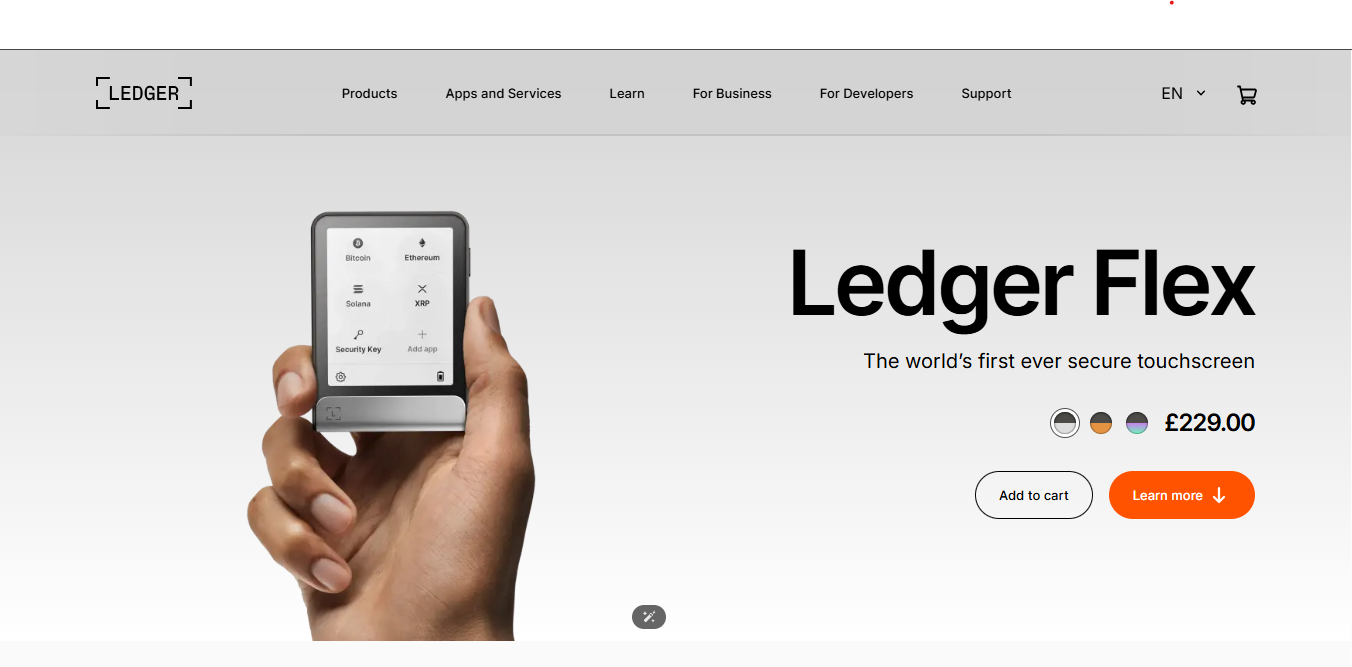
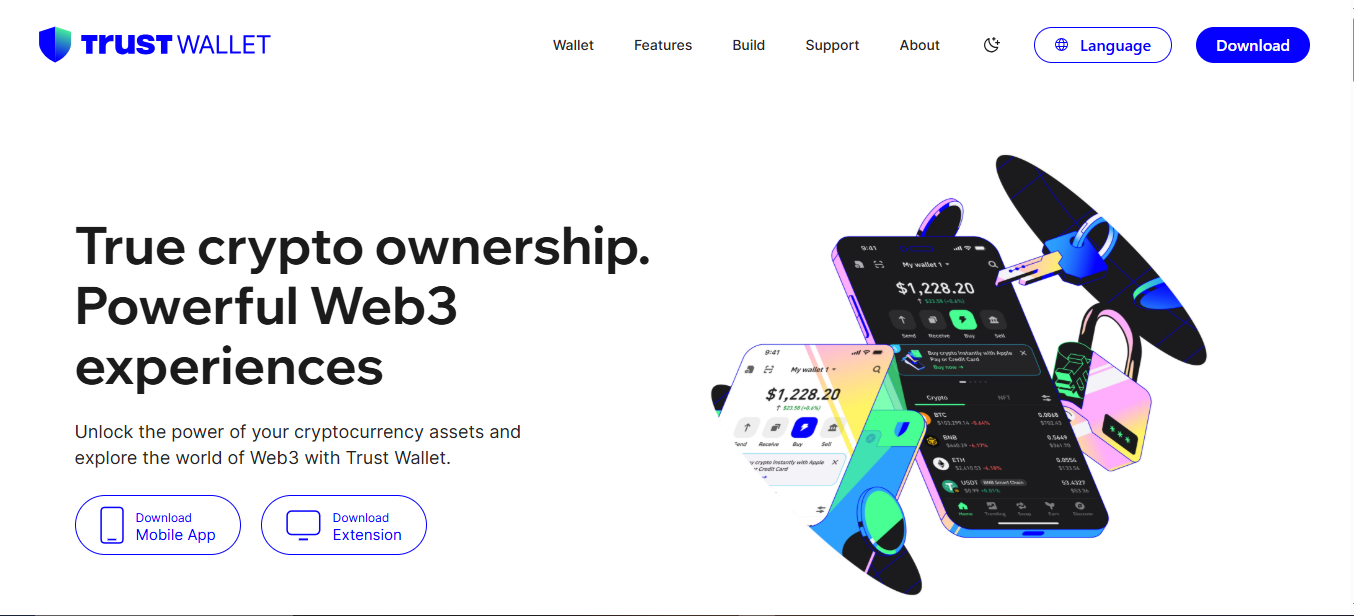
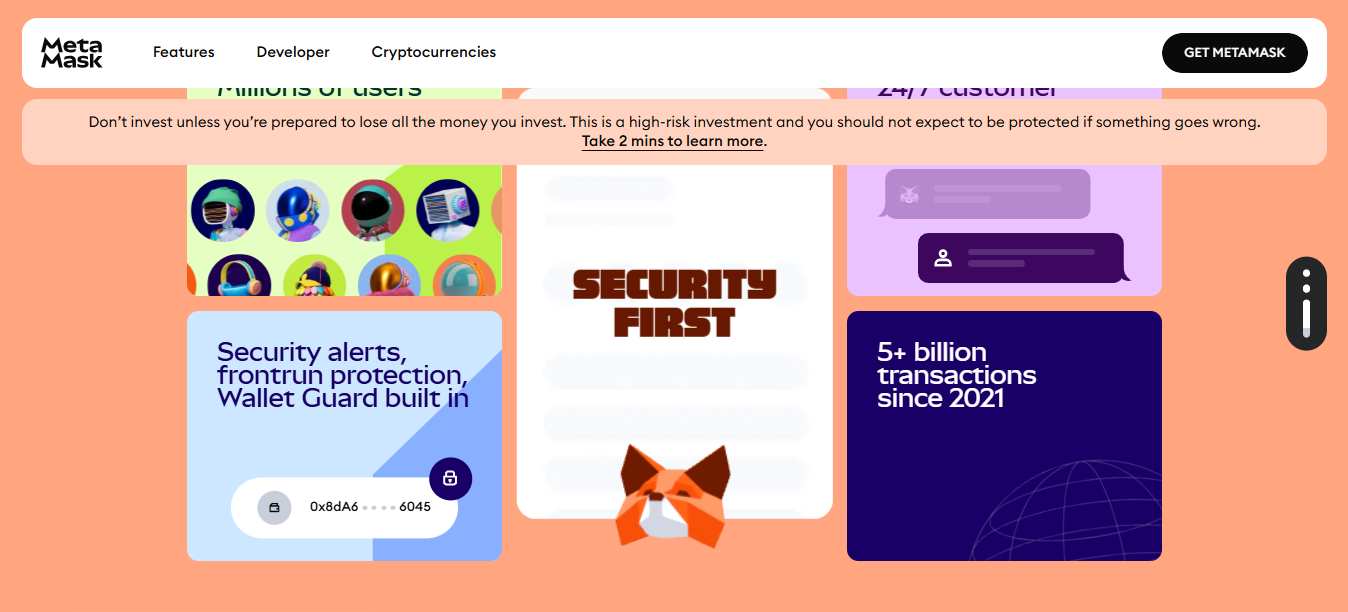
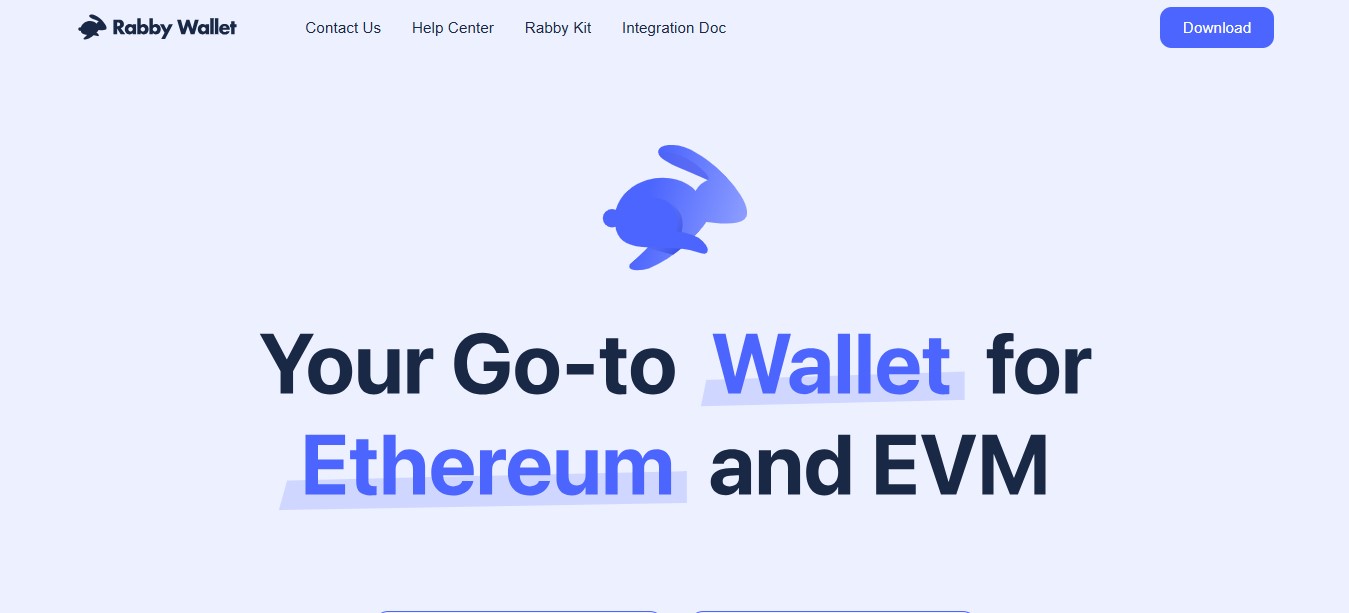
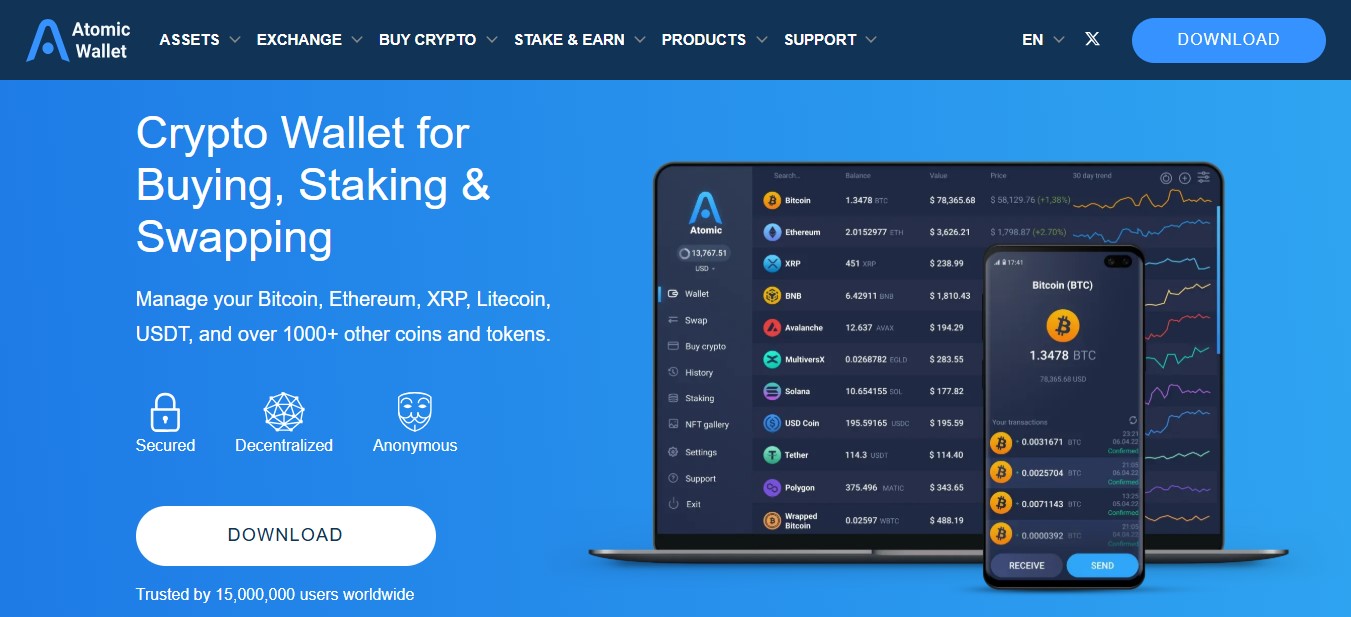
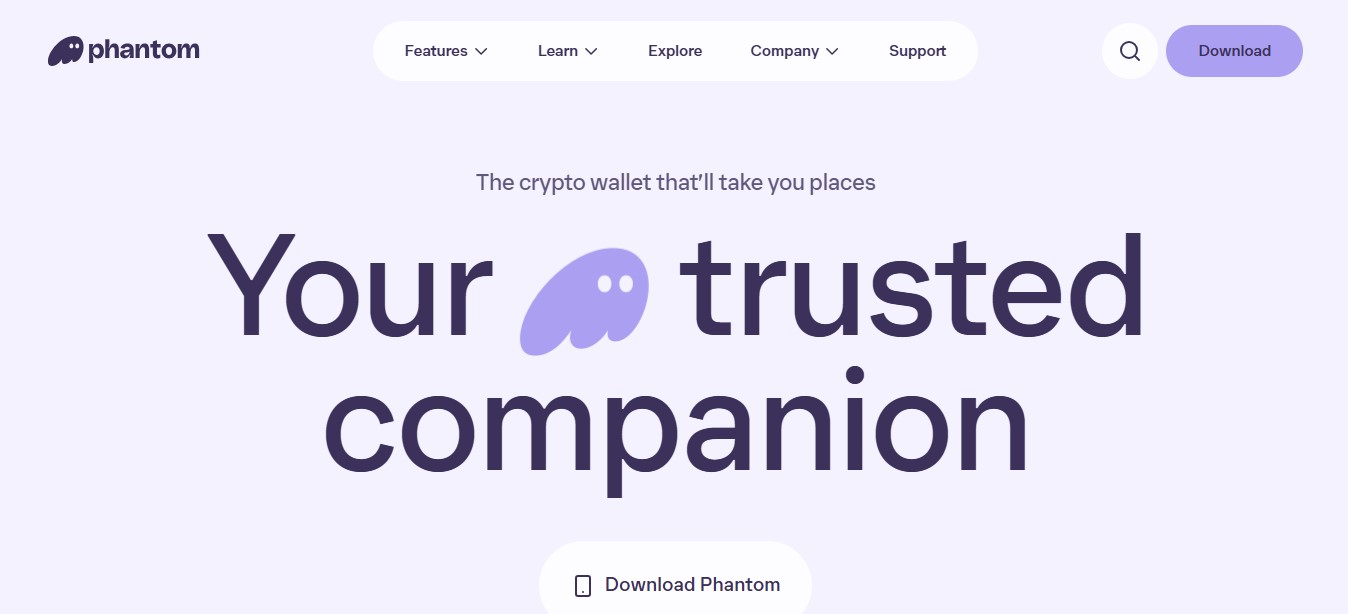
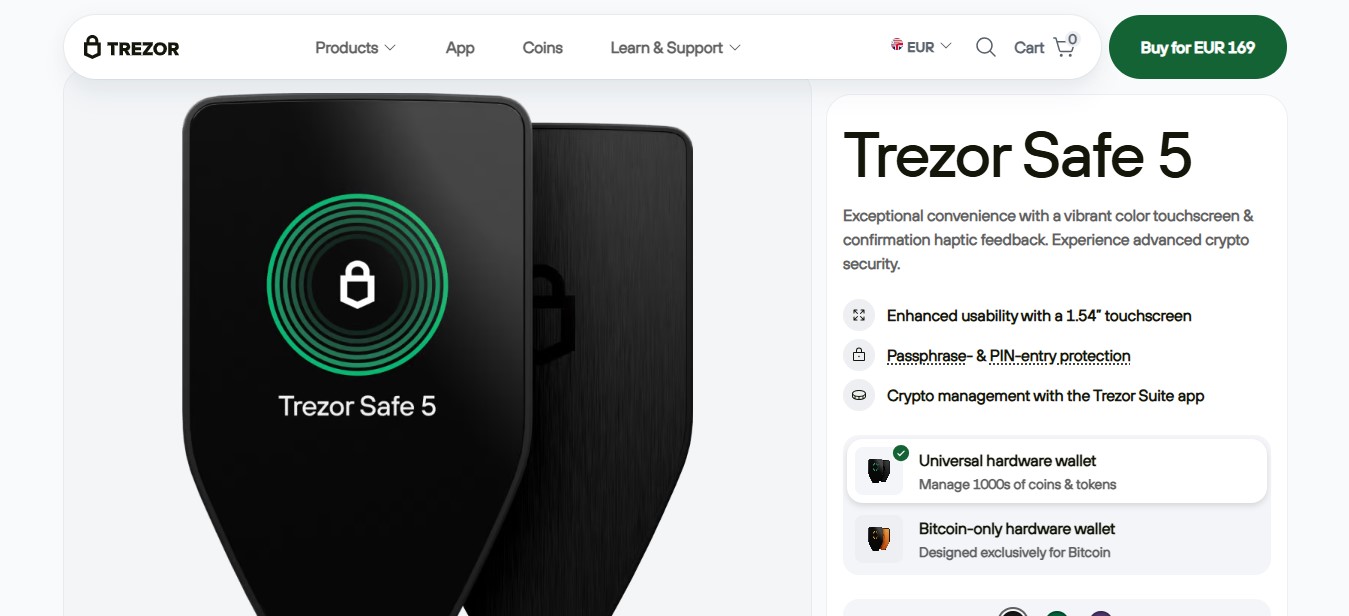
 usdt
usdt xrp
xrp

